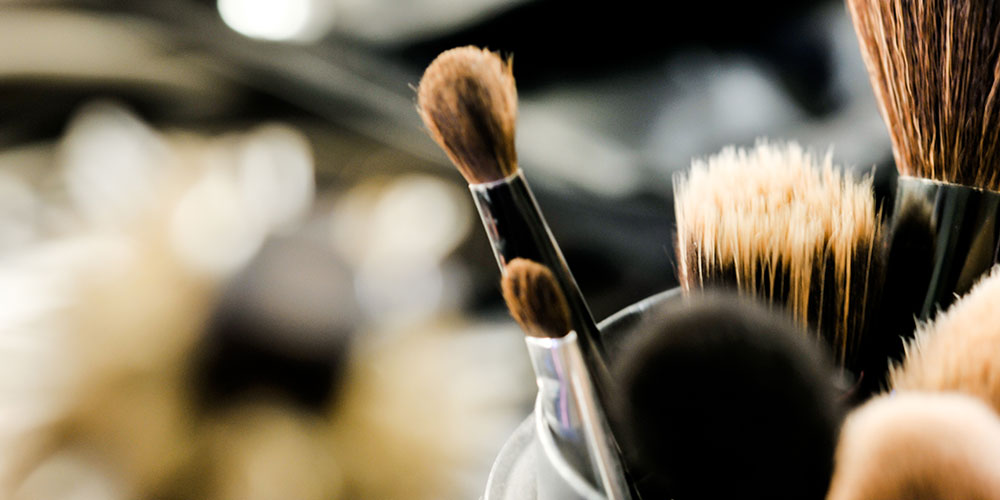
There are millions of sufferers of chronic headache and facial pain that have spent years suffering in silence.
The symptoms vary according to the individual. Symptoms may include headaches on waking, facial pain, or neck ache, stiffness of the jaw.
Many of these symptoms are the result of an imbalance between the Temporomandibular Joint (TMJ), the muscles of chewing and the teeth.
A large number of cases involving headaches, muscle spasms and pain in the jaw are a dental problem. If your teeth don’t close together properly, are heavily worn, crowns are constantly breaking, you have ringing in your ears and difficulty in opening or closing your mouth, you may well be suffering from TMJ problems.
The medical and dental profession are becoming increasingly aware of the intricate relationship between proper bite and the muscles and nerves of the jaw joint. A very delicate balance must occur in the chewing system for total harmony, comfort and stability.
For a long time, medicine and dentistry have overlooked the Temporomandibular Joint as a potential source of problems for patients with facial pain and headaches. With today’s new technology and increased understanding dentists with special advanced training in TMJ disorders can treat a large majority of these patients. Relief can be obtained immediately via a wide range of dental treatments by addressing the cause of the imbalance.
If your jaw is in the wrong position the muscles that move your jaw will have to work a lot harder and can get tired and go into spasm. The main symptoms are chronic headaches or migraine, especially first thing in the morning, pain behind your eyes, sinus and pain in your neck and shoulders. Sometimes even back muscles are involved.
- Are you aware of clenching or grinding your teeth?
- Do you wake up in the morning with an awareness about your teeth or jaw as if you had been clenching or had been grinding them in your sleep?
- Do you have chronic headaches, or chronic head, neck and shoulder pain?
- Do you have recurring pain or discomfort on the side of your face around your ears or jaw joints?
- Have you ever had clicking or popping in your jaw joints or difficulty in moving your jaw?
- Have you lost some teeth at the back of your mouth? This may lead to your bite being unbalanced
The symptoms are sometimes collectively referred to as the T.M.J. Syndrome.
We will assess your problem by taking a full medical history. We will then examine your bite, find the first contact when your teeth come together and look for evidence of grinding or clenching. A set of models will be taken to be analysed on an articulator to mimic the function of the TMJ.
If the pain is acute a Jig will be fitted to the front teeth which will separate the way you bite on the back teeth.
Once relief is obtained, a plastic appliance will be fitted very accurately so that when you bite on it, all your teeth meet at the same time in a position where your muscles are relaxed. If the problem is more complicated, we will advise on a treatment plan to correct the problem.

